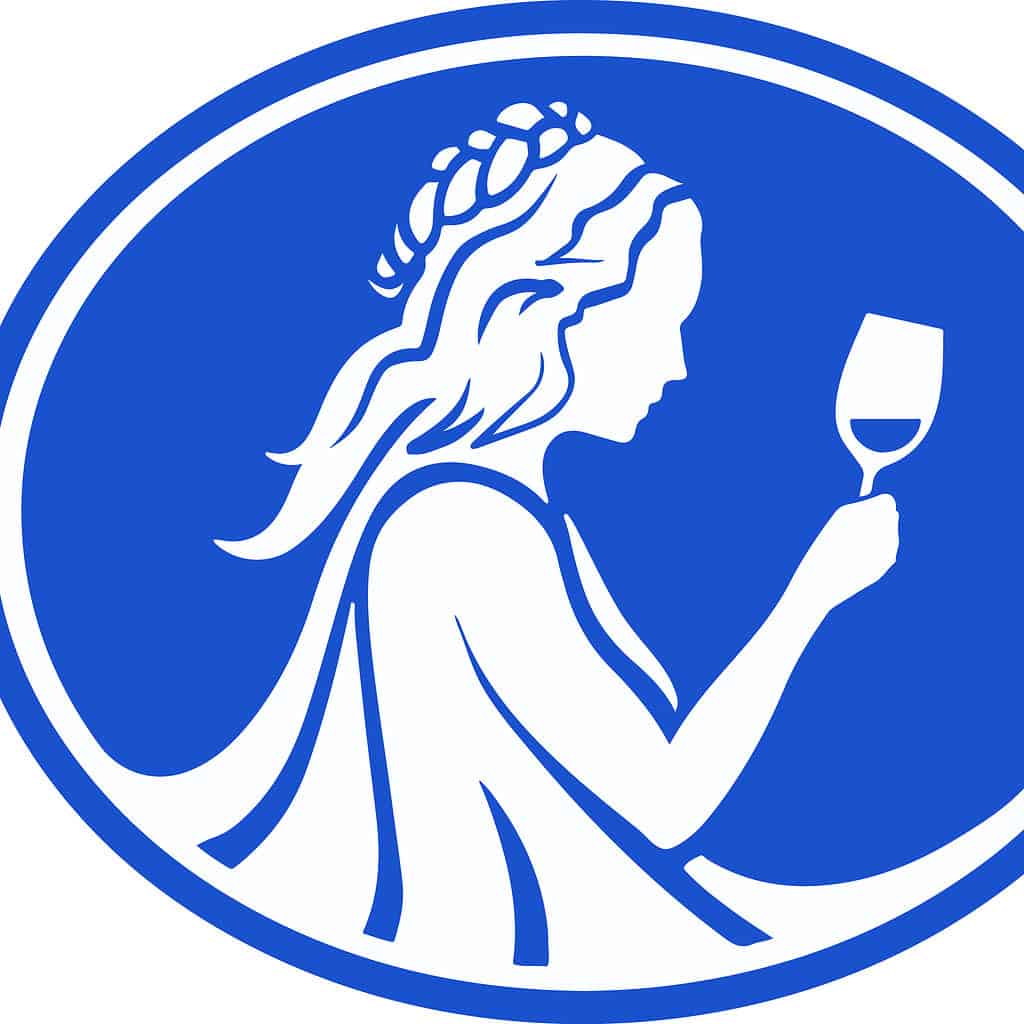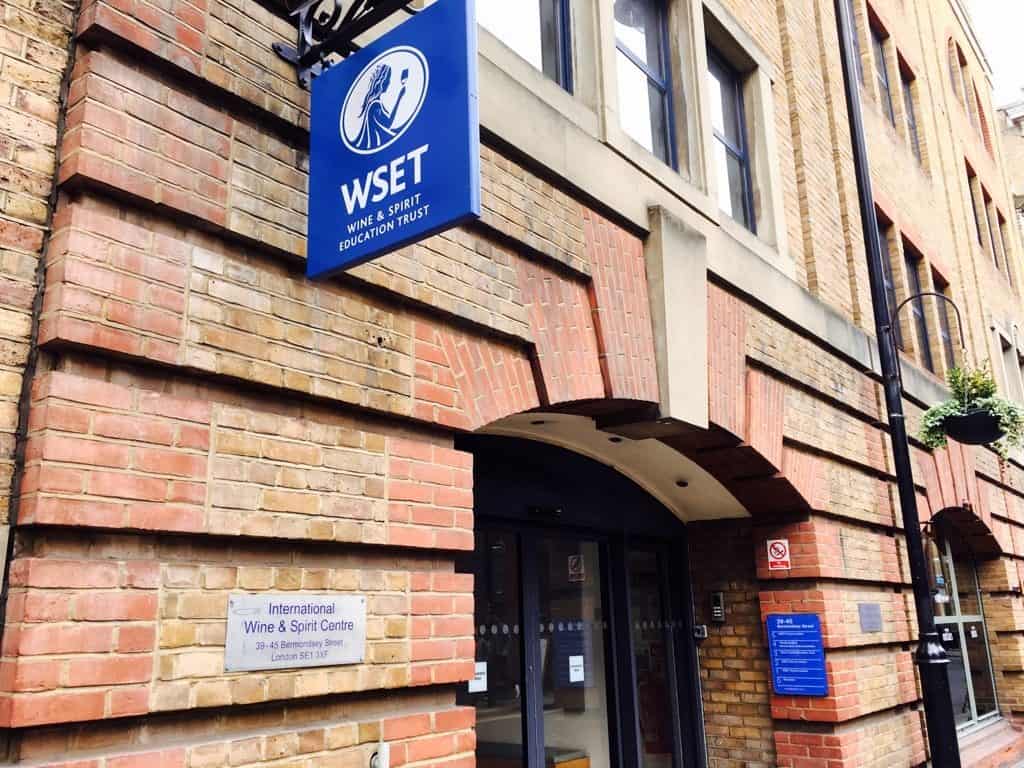Wine & Spirit Education Trust

Uncorking the Wine & Spirit Education Trust’s Global Influence
The Wine and Spirit Education Trust, founded in London in 1969, has long been a pillar of sommelier education. Its curriculum has spread across the globe, franchised by contractors offering its structured education. But as the trust expands, questions about its pedagogical rigour, creativity and legal standing in the United States have started to ferment.
Below is a closer look at what WSET has to offer, the issues it faces, and how it stacks up against alternatives.

WSET Levels: A Structured Pathway
WSET has four levels of wine education certification. Similarly, there are parallel tracks for spirits and sake; this structured sort of course appeals to people who like clear, step-by-step progressions. Here’s a snapshot of the wine certifications:
WSET Level 1 Award in Wines covers the main types of wines, major grape varieties, and key principles concerning food and wine pairing. The training ends with a 30-question multiple-choice test. Candidates who pass this test receive a certificate and a lapel pin.
WSET Level 2 Award in Wines covers the full syllabus: the main grape varieties, winemaking techniques, and an overview of sparkling and fortified wines, concluding with an examination consisting of 50 questions along with a blind tasting of wines.
WSET Level 3 Award in Wines: this is when it gets serious-focusing on viticulture, fermentation processes, and distribution. Exams will be much tougher: multiple-choice questions, a written paper, and blind tastings.
WSET Level 4 Diploma in Wines is the peak and requires 18 to 36 months of study with the inclusion of an independent research project. Graduates of this level are allowed to append “DipWSET” to their professional signature.
While this stepwise progression is rigorous and logical, there are concerns about the effectiveness and inclusiveness of these classes.
The Creativity Conundrum
The most common criticism against WSET is that its teaching is too rigid. It often relies on PowerPoint, which stifles creativity. For students who are looking for a more hands-on approach to learning or immersion, the syllabus does not seem dynamic.
Considering how highly the trust emphasizes theory and structured memorization, little room is left for wine knowledge in more sensory and experimental ways, which may be crucial for a deeper understanding of winemaking and tasting.
Furthermore, WSET’s too-strong focus on professional restaurant workers may turn away true wine amateurs or people who are interested in wine from an educational rather than purely vocational point of view. In targeting its courses to a distinct segment, the Trust risks narrowing its appeal and losing a wider audience that might wish to learn about wine as a personal passion or cultural pursuit.
The Cost Factor: Fine Wine or Financial Stress?
WSET certification is not cheap: The Level 2 exam runs about $600; Level 3, about $1000; and the advanced Level 4 Diploma, about $7,500. These fees don’t include classes or wine samples, so the total investment becomes very steep, especially for those without industry sponsorships or scholarships.
This financial barrier can ferment stress, particularly for those entering the program without employer backing. By so doing, the trust is likely to cater to professionals who have financial resources inadvertently rather than fostering an academically inclusive environment.
Legal and Organizational Dilemmas
A more serious concern, at least to WSET’s future in the United States, maybe its legal status. WSET is classified as a private foundation in the U.S., and continuing to issue professional certifications under this classification may raise eyebrows within the IRS. Private foundations are stricter on many levels than other public charities, including ways of funding the operation and provision of their services.
It may create a perceived conflict between the organization’s educational mission and professional certification business, which could invite scrutiny insofar as WSET’s activities may be viewed as serving commercial rather than public interests.
This may further complicate the continuing offer of the same WSET qualifications and certifications by affiliated wine schools in the U.S. Students who invest heavily in such education should consider this potential legal and regulatory risk when making their decisions.
Alternatives: A Different Kind of Wine Education
By contrast, the Court of Master Sommeliers and the National Wine School offer training far more hands-on and experiential than WSET’s more methodical-style structure. While WSET relies highly on theory-in other words, memorization and analysis-these programs often emphasize practical application and personal contact with wine.
For instance, the Court of Master Sommeliers focuses on service and restaurant management, preparing students for high-end jobs within the hospitality industry. Conversely, the National Wine School offers flexibility and an experience-driven curriculum in which direct engagement with winemaking and tasting is allowed, along with industry trends.
Specifically, such alternative institutions are bound to appeal more to those students who prefer an interactive rather than rigid educational experience and who seek to learn for personal enrichment rather than professional credentialing.
Examining WSET’s Global Appeal
WSET’s highly structured certification system is also in strong demand for international students and those lacking formal college educations. A clear progression path and globally recognized credentials make it a no-brainer for anyone pursuing a career in the wine industry, especially in those markets where WSET certification carries a lot of weight. Yet, the structured nature of the program can almost be a double-edged sword: while it indeed provides specific, clear-cut steps toward career advancement, its focus on rigidly didactic memorization and technical analysis could take away from a more holistic cultural appreciation of wine.
For countries with lively wine cultures-France, Italy, or even the U.S.-such a strictly academic approach might run completely against the region’s much more integrated experiential approach to wine education. Control quality at the affiliated schools of WSET Those WSET affiliated schools can vary dramatically, from Fine Vintage LTD, which exists in a number of cities but has varying experiences.
Among the wine regions, such as Napa or New York City, students may be better off finding a much richer educational environment, where the people who teach tend to enhance the classroom experience with the local wine culture.
And this is where high-quality instructors and local wine industries can help make all the difference in ensuring that the WSET framework is presented in a more engaging and meaningful way. Conclusion: The Future of the Trust The Wine and Spirit Education Trust has provided a solid, internationally recognized framework for wine and spirit education. As the trust grows, however, it will have to answer some fundamental questions-most notably around creativity, inclusivity, cost, and legal standing-if it is to remain relevant within an increasingly changing industry.
In students’ minds, WSET certification should be guided by career goals, learning style preferences, and an understanding of the financial and regulatory environment. WSET is perhaps the gold standard of wine education today, but it will, like that great bottle of Bordeaux, rest its future on a process not too dissimilar to ageing: its ability to evolve in a world where wine education is in constant flux.
